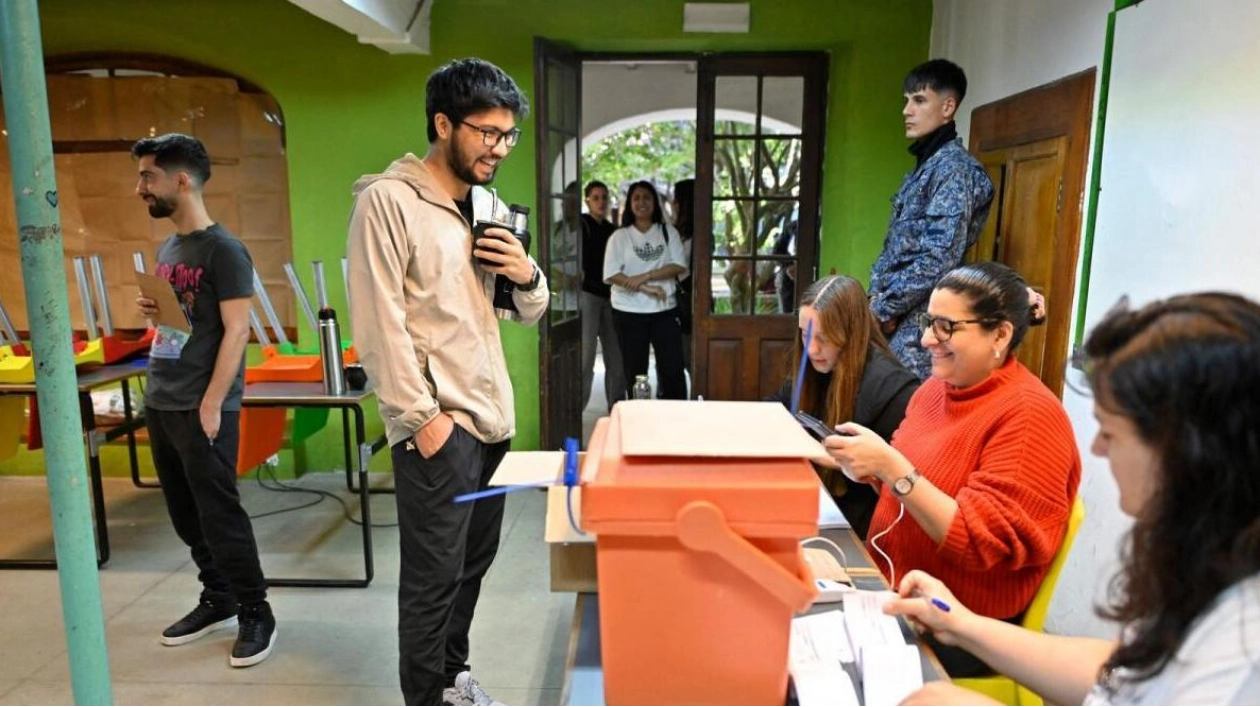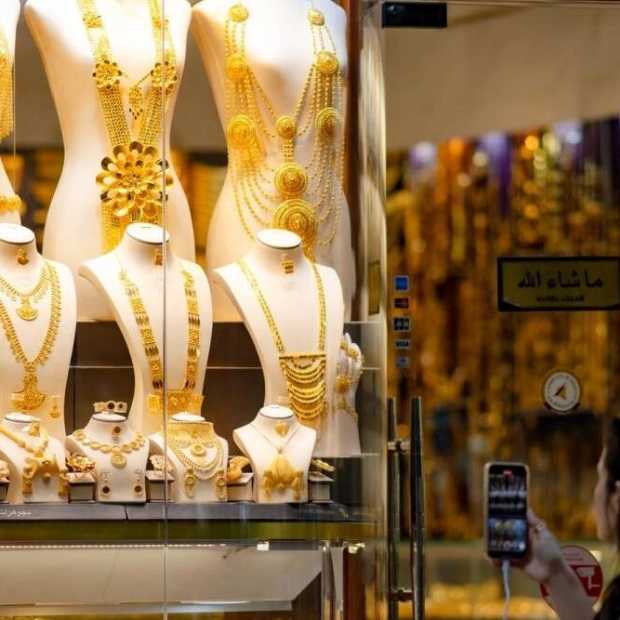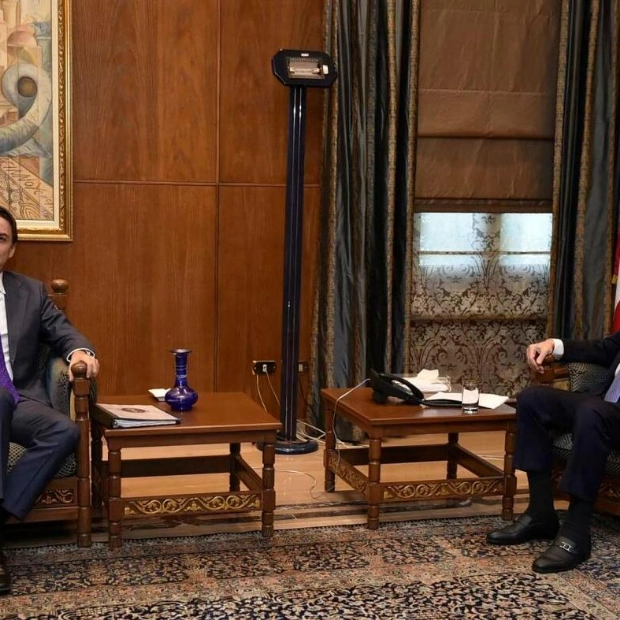Voters in Uruguay, a country renowned for its beaches, legalized marijuana, and political stability, cast their ballots on Sunday in a presidential and legislative election. The race featured moderate candidates, in stark contrast to the polarized politics seen in many other Latin American nations. With a population of 3.4 million, Uruguay was electing its next president and lawmakers, with pollsters forecasting a likely run-off in November. Simultaneous referendums on pension reform and enhancing police powers were more contentious issues.
Unlike the sharp right-left divisions in Argentina, Brazil, or Mexico, Uruguay's political landscape is relatively calm, with significant overlap between the major conservative and liberal coalitions, mitigating potential tensions. 'The two main camps are more or less the same in terms of macroeconomic policy or the vision for what Uruguay is and how to face various economic challenges,' explained Uruguayan economist Maria Dolores Benavente. The election saw the Broad Front center-left candidate Yamandu Orsi, the pre-election favorite, compete against continuity conservative contender Alvaro Delgado, with young, social media-savvy conservative Andres Ojeda also in the running.
Polls indicated Orsi leading, but no candidate was expected to secure more than 50% of the vote, necessitating a second-round run-off on November 24 between the top two finishers. Ballot stations opened at 8am (1100 GMT) and closed at 7.30pm local time, with results anticipated two hours later. The day also featured two binding plebiscites, generating more tension. One proposed an overhaul of Uruguay's $22.5 billion private pension system, criticized by politicians across the spectrum for potential economic harm. The other sought to remove constitutional restrictions on nighttime police raids on private homes to combat rising drug-related crime.
Both referendums required simple majorities to pass. 'We must take control of our safety,' Orsi stated at a campaign rally, emphasizing a tough stance on crime. The ruling conservative coalition, defending its security record, hopes economic successes—with employment and real salaries rising—will persuade voters to opt for continuity rather than change. 'We have a better country than in 2019,' Delgado asserted in a campaign speech in Las Piedras, referring to the previous election. 'The alternative is to go backwards.'
Source link: https://www.khaleejtimes.com






